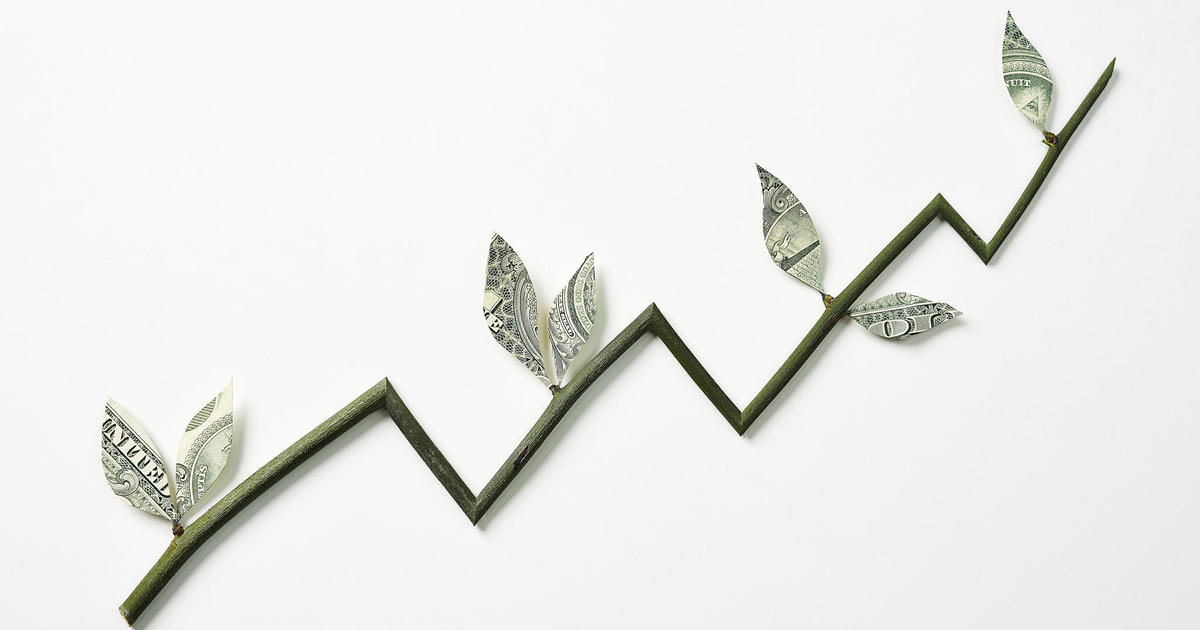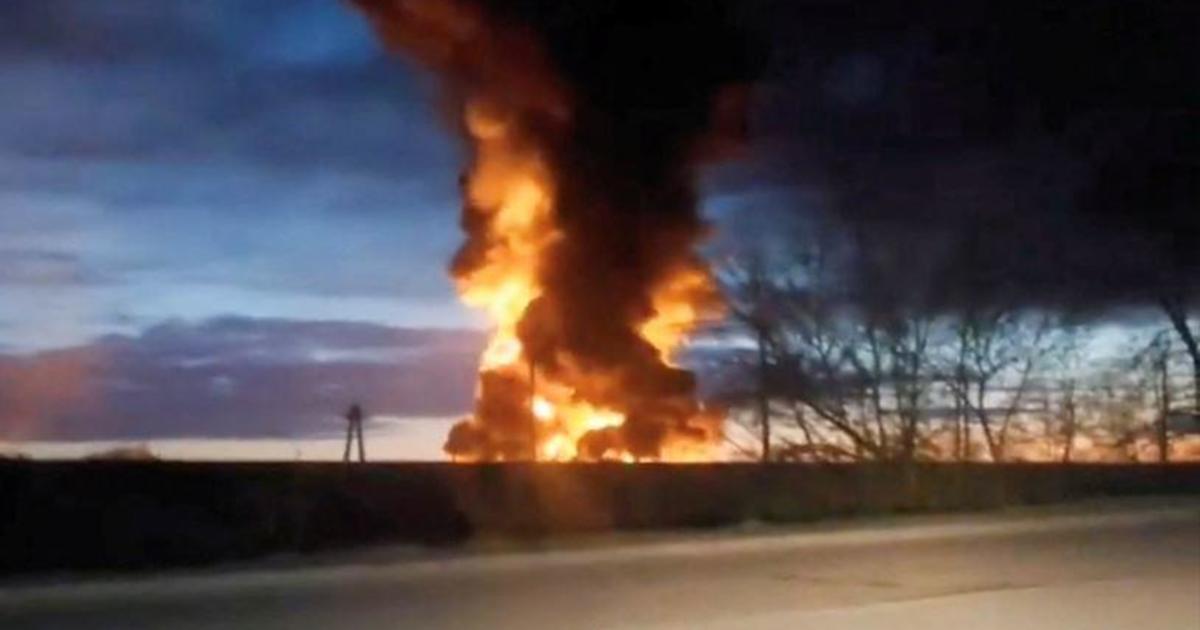OPEC, oil nations agree to unprecedented production cut
OPEC, Russia and other oil-producing nations on Sunday finalized an unprecedented production cut of nearly 10 million barrels, or a tenth of global supply, officials said. The agreement is aimed at boosting crashing oil prices amid the coronavirus pandemic and a price war, yet oil prices were little changed on Monday.
"This could be the largest reduction in production from OPEC for perhaps a decade, maybe longer," said U.S. Energy Secretary Dan Brouillette, who credited President Donald Trump's personal involvement in getting dueling parties to the table and helping to end a price war between Saudi Arabia and Russia.
"This is a critically-needed relief in the face of declines in crude demand," said Roger Diwan, vice president financial services at oil researcher and data provider IHS Markit. "The direct involvement of President Trump to forge this historical deal is the most unusual aspect of it and reflects his visible concern for U.S. shale producers."
A number of analysts noted that it was the first time in memory that a U.S. president had pushed for higher oil prices. That would help the U.S. frackers and other oil producers. But it could also boost the price of gas at the pump at a time when American consumers are already hurting from the coronavirus-driven economic downturn.
Oil prices, however, jumped less than $1 to just under $24 per barrel on the historic deal, suggesting the production cut could do less to boost the U.S. oil sector than many had hoped. As a result, the U.S. stock market slid on Monday morning, with the Dow Jones industrial average dropping almost 500 points, or about 2%. The broader market index S&P 500 was also down about 2%.
Analysts said the cuts were not enough to make up for the void in demand due to business and travel shutdowns due to the coronavirus. But the deal at least helped resolve a price war that took U.S. crude to near $20 per barrel, pummeling U.S. oil and gas producers.
"With a demand shock estimated at between 15 to 30 million barrels of oil a day, depending on who you talk to, it is clear that the OPEC+ agreement contains more hope than reality," Jeffrey Halley of Oanda said in a commentary.
"The entire construction is underwhelming, to say the least, and really relies on production collapsing in the U.S. and Canada to deliver the level of cuts required."
Oil prices have collapsed as the coronavirus and the COVID-19 illness it causes have largely halted global travel and slowed down other energy-chugging sectors such as manufacturing. It has devastated the oil industry in the U.S., which now pumps more crude than any other country.
U.S. senators had warned Saudi Arabia to find a way to boost prices as American shale firms face far-higher production costs. American troops had been deployed to the kingdom for the first time since the Sept. 11, 2001, attacks, over concerns of Iranian retaliation amid regional tensions.
"They've spent over the last month waging war on American oil producers while we are defending theirs. This is not how friends treat friends," said Sen. Kevin Cramer, a Republican from North Dakota, before the OPEC+ deal.
U.S. producers have already been reducing output. The American Petroleum Institute lauded Sunday's global pact, saying it will help get other nations' state-owned oil production to follow the lead of U.S. producers that are trying to adjust to plunging demand.
Brouillette said the U.S. did not make commitments of its own production cuts, but was able to show the obvious — that plunging demand because of the pandemic is expected to slash U.S. oil production.
"The big Oil Deal with OPEC Plus is done. This will save hundreds of thousands of energy jobs in the United States," Trump said in a tweet. "I would like to thank and congratulate President Putin of Russia and King Salman of Saudi Arabia."
The Kremlin said President Vladimir Putin held a joint call with Trump and Saudi King Salman to express support of the deal. It also said Putin spoke separately with Trump about the oil market and other issues.



